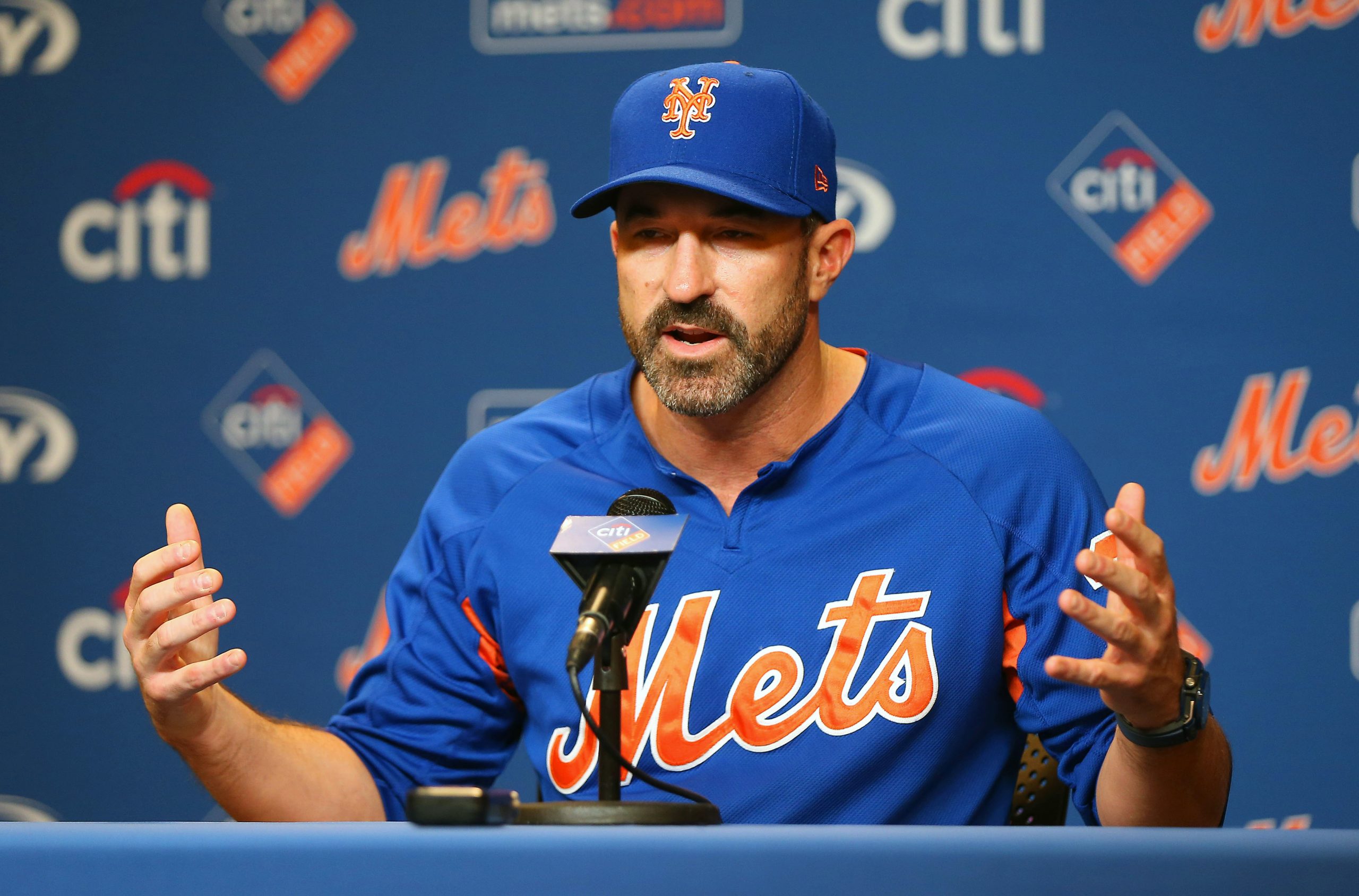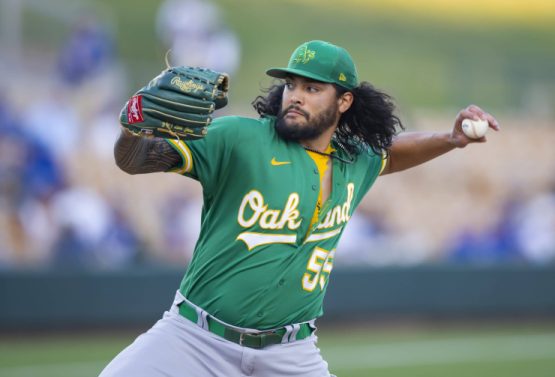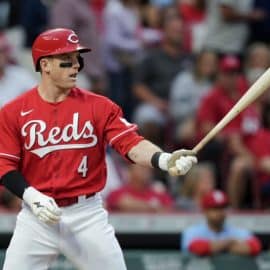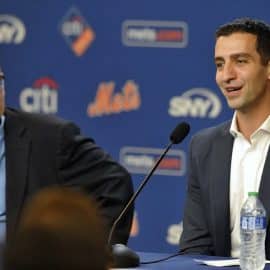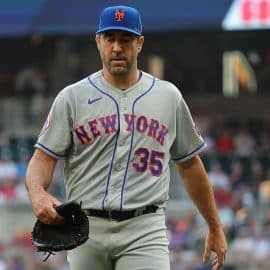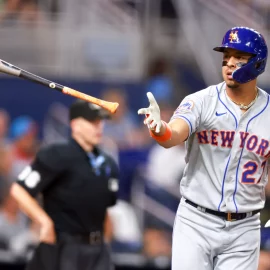Now that the New York Mets’ 2018 season is over, we are going to take a look at the year as a whole over the next several days. We will break down the offense, starting pitching, relievers, coaching staff, and declare a team MVP along the way. We continue our season review today with a look at the Mets’ coaching staff.
The 2018 season marked a new beginning for the New York Mets’ coaching staff. Terry Collins, who had managed the Mets for the past seven years to become the longest tenured skipper in franchise history, resigned after a trying 2017 season to take a position in the team’s front office. The Mets opted to replace the old school Collins with the decidedly new school Mickey Callaway, who came over with a tremendous reputation for his work with the Cleveland Indians’ pitching staff. The year was a tough one for Callaway, who had a tough time adjusting to managing and National League rules, but there were some positives and negatives to look at for all parties involved. Let’s take a look back at the year for Callaway and some of his key coaches:
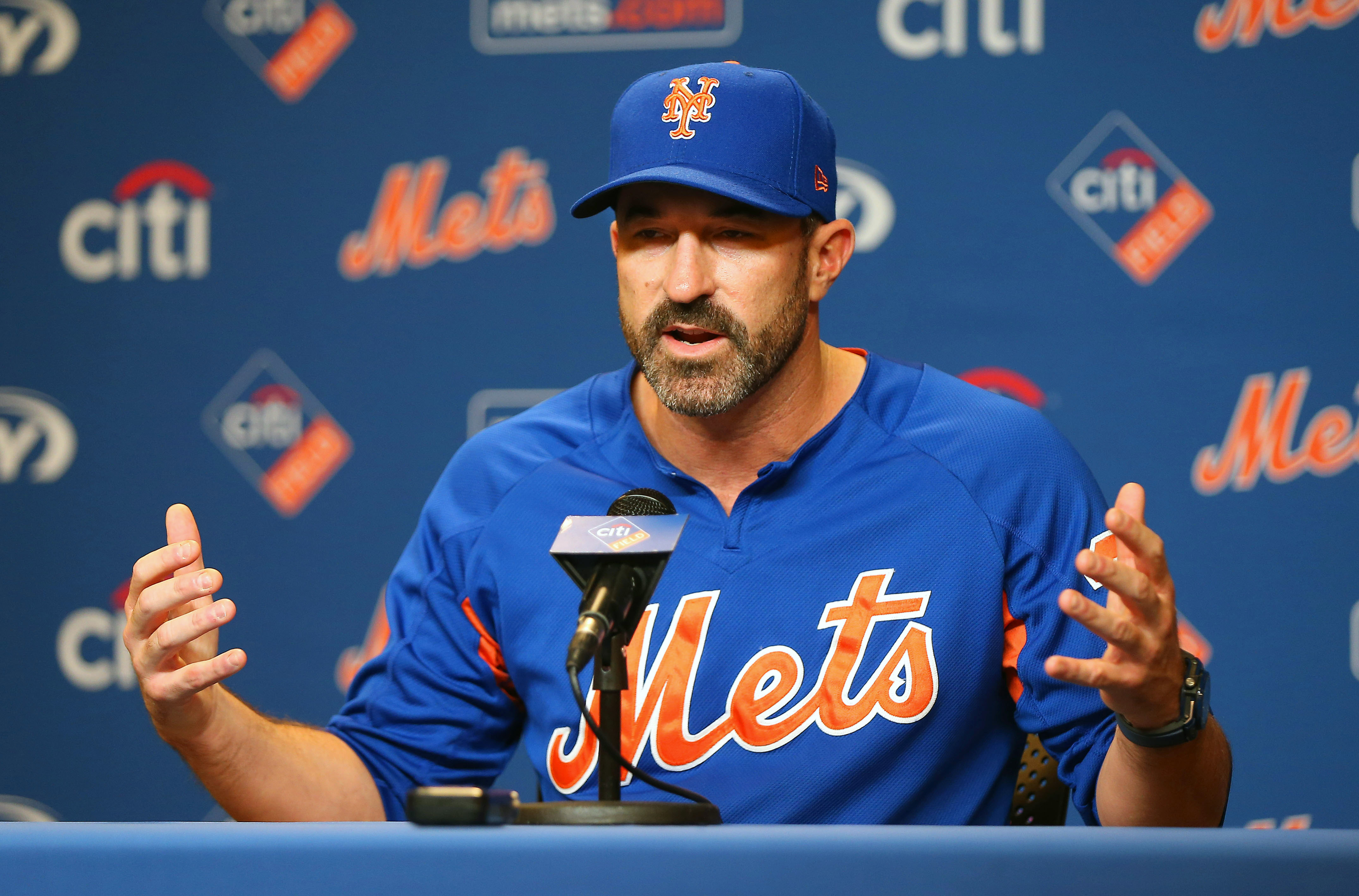
Mickey Callaway: The Mets’ first year skipper sure had a wild ride through the season. When the team got off to an 11-1 start, Callaway was being praised as a genius when every button he pushed seem to work. The bloom came off the rose quickly for Callaway, who found himself in hot water as the Mets’ season began to sink like a stone with a ton of losing. Callaway also had difficulties with the rules of managing, including failing to let a pinch hitter get announced before making a pitching change on several occasions and infamously submitting the wrong lineup card in Cincinnati on May 9th.
That embarrassment cranked the heat up on Callaway, who responded to the pressure by saying a bunch of odd things in the media, including talking about how the team’s won-loss record didn’t matter if the team was working the proper way. Callaway also pulled out a bad habit from the Collins era by handing a ton of at bats to veterans with no future on the team, such as Jose Reyes and Jose Bautista, at the expense of young players. For a while it looked as if Callaway might not survive the season, but he quietly found a groove and the Mets started to play better.
The Mets didn’t quit when the going got tough, and they managed to post a winning record in the second half of the season, including a 31-22 mark over their final 53 games. Callaway also began showing more faith in his young players, moving Amed Rosario to the leadoff spot in August and having Jeff McNeil hit behind him for the majority of the season’s final two months. The results were encouraging as the Mets played hard for their skipper and offered some hope heading into 2019. Callaway appears safe for now, but with a new GM coming aboard this winter he will need a hot start in 2019 to keep the job long term.
Grade: C
Dave Eiland: While most of the attention was focused on Callaway, the Mets’ other big hire was pitching coach Dave Eiland. Eiland, a proven winner who coached the staffs of World Series winners in 2009 (New York Yankees) and 2015 (Kansas City Royals), was tasked with getting the most out of the Mets’ young pitching staff. The result was a resounding success as Jacob deGrom delivered a Cy Young caliber season, Noah Syndergaard looked effective over 25 starts, Zack Wheeler had a breakthrough campaign, and Steven Matz managed to stay healthy and effective most of the way through. Eiland deserves credit for all of those things, including the fact that the Mets’ big four combined for 116 starts. The only knock against Eiland is the fact that the Mets’ bullpen was abysmal, preventing him from getting an A grade, but it is likely that the unit’s struggles were due more to a lack of talent than bad coaching.
Grade: B+
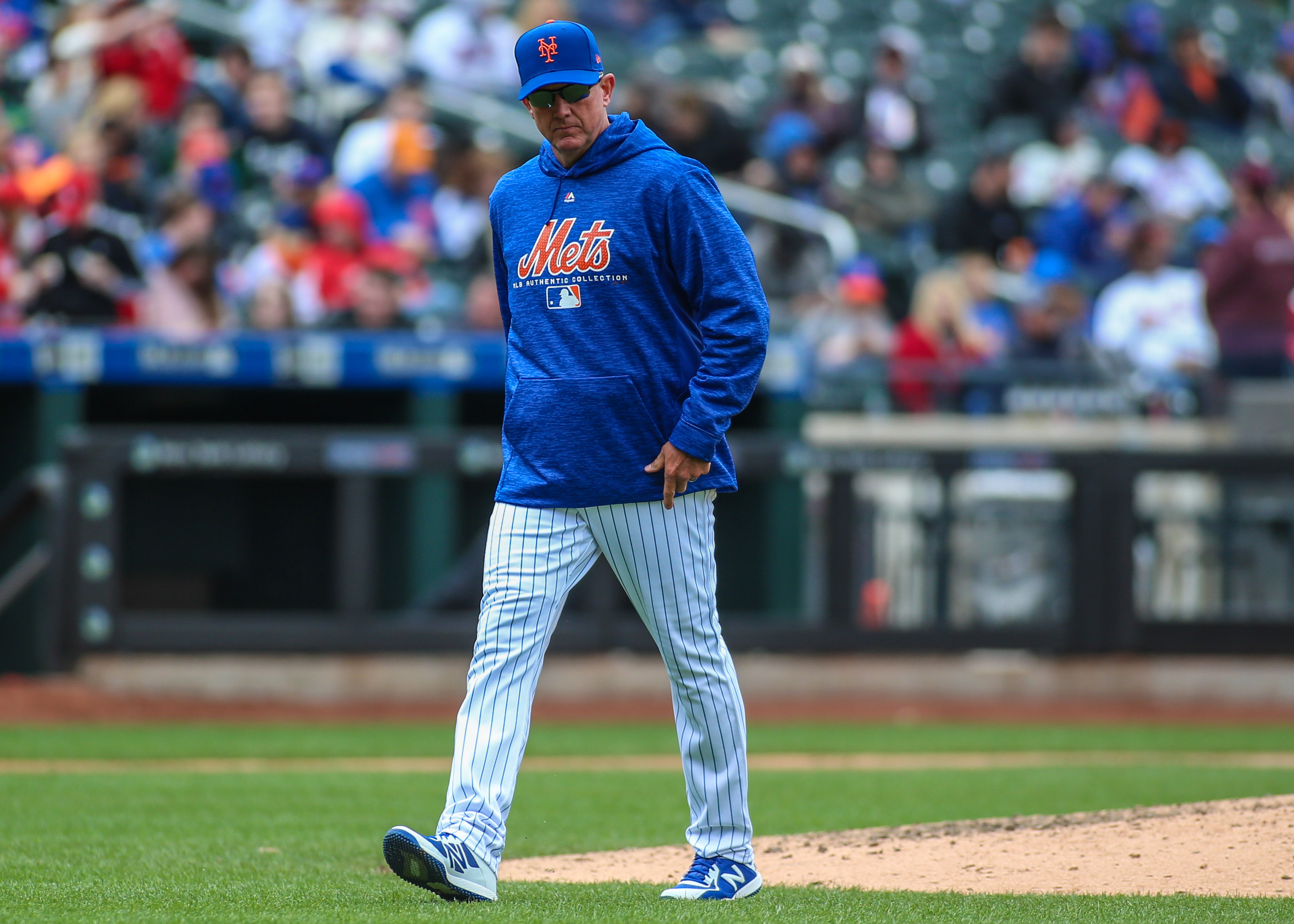
Gary DiSarcina: A lot of attention was paid to the fact that Mickey Callaway was a first time manager, and most of the time teams opt to put a former manager in the role of bench coach to help the new guy get used to his responsibilities. The Mets opted not to do that, instead tabbing former Red Sox’ bench coach Gary DiSarcina for the same post with the Mets. DiSarcina had only one year of experience in that position and no NL coaching experience, and the results showed as he was not able to assist Callaway through a lot of early season mistakes. It was hard to get a true gauge of DiSarcina’s true role in the decision making process, so it is hard to give him a grade better or worse than Callaway.
Grade: C
Pat Roessler: After Kevin Long left for Washington last winter, the Mets promoted his long time assistant Pat Roessler to the role of hitting coach. A lot of the Mets’ best laid plans on offense blew up due to injuries to Yoenis Cespedes, Jay Bruce, and Todd Frazier so the team struggled in the second half. A true read on Roessler’s skill, however, can be judged by the adjustments made in season by young hitters like Amed Rosario and Michael Conforto, both of whom showed notable improvement as the year progressed. Roessler did a decent job in his first year as hitting coach, but he probably needs more talent to work with in order to have a bigger impact like Long did.
Grade: B-
Add The Sports Daily to your Google News Feed!
